Brigid Alverson | April 18, 2025
Diamond agreed to sell to the highest bidder at its bankruptcy auction last month – then pulled an about-face and tried to go with a different one. Now that the dust has settled, and it looks like Alliance Entertainment will be the purchaser, here’s a look at what just happened and what we can expect going forward.
Diamond Comics Distributors filed for Chapter 11 bankruptcy on January 14, 2025, and an auction was arranged for March 24 and 25. There was already some interest: Universal Distribution, a Canadian distributor of comics, tabletop games, toys, and other hobby goods, had placed a “stalking horse” bid, basically a minimum that the other bidders would have to beat, of $39 million for one Diamond division, Alliance Game Distributors.

Seven qualified bidders took part in the auction, and the winning bit was submitted by Alliance Entertainment (no relation to the game distributor), with a joint bid by Universal and WizKids parent Ad Populum designated as the backup bid.
Before the sale could proceed, however, Diamond tried to change buyers, filing a notice that they now believed that the Universal/Ad Populum bid should be the winner. It’s hard to see the reasoning behind this, because that combined bid came to $69,130,000, compared to Alliance’s initial winning bid of $72,245,000, which Alliance claims they later increased to about $85,370,000 in response to what they call "Debtors’ demands” in the court papers.
Turns out there’s no backsies in bankruptcy auctions. Alliance Entertainment immediately filed a complaint, and Diamond backed down quickly, agreeing to the original deal as long as Alliance withdraws its complaint within two business days. While they hadn’t done so as of this writing, it’s likely that Alliance will drop the complaint and become the ultimate purchaser. We’ll know for sure soon, because the closing date is April 25.

Pieces of Diamond
The entity we all call “Diamond” is actually made up of several parts: Diamond Comic Distributors, Alliance Game Distributors, Collectible Grading Authority, and Diamond Select Toys and Collectibles, LLC. Diamond Comic Distributors includes their comic and book distribution arms as well as Diamond Select Toys, Fandom World, Ironguard Supplies, Gentle Giant Ltd., Fandom World, and Free Comic Book Day. According to the first-day filings in the bankruptcy case, sales of comics and graphic novels account for 59% of Diamond’s revenue.
When Universal teamed up with Ad Populum for the joint bid, Universal’s share was $49.6 million for Alliance Game Distributors alone, with Ad Populum throwing in about $19.5 million for the rest of the company.
While that bid failed, it made clear what Universal thinks about Diamond’s comics business.
In fact, even while publishers were moving to Lunar Distribution and PRH Comics, Diamond seems to have done a good job with games and toys. On its Facebook page, Alliance Game Distributors claims to be “the largest hobby game distributor servicing North America and the world.” None of the other divisions of Diamond can make such a claim.
Shifting Alliances
Alliance Entertainment does seem to be interested in more than just the game distributor, but there’s still a lot of uncertainty about what their plans are.
Let’s start with a brief introduction to the new corporate overlords: Alliance Entertainment, the winning bidder, grew out of a music wholesaler, Super D, that was founded by Jeff Walker in 1995. Bruce Ogilvie joined as CEO in 2001, and the company merged with Alliance Entertainment in 2013, taking Alliance as the company name. They started out distributing music and videos on physical media and added video games in 2018 and toys and collectibles in 2022. The company went public in 2023. They have a distribution center in Shepherdsville, KY, with over 325,000 products in stock from over 600 vendors. Annual sales were $1.1 billion in the fiscal year ending June 30, 2024.
Alliance ships to over 35,000 stores in 72 countries, including big-box stores such as Target, Walmart, and Costco, as well as Amazon. According to Milton Griepp at ICv2, that number includes 2,500 independent retailers; Griepp states that Diamond currently ships to 5,000 independents, and presuming there hasn’t been a lot of overlap up till now, it looks like Alliance’s number of independent outlets will triple.
Statistics aside, Alliance has something that Diamond has notoriously lacked: Modern, automated picking and processing systems that allow them to move and distribute packaged products fast. (If you’re into that sort of thing, they have some pretty sweet videos of their AutoStore and Sure Sort X warehouse systems.)
With the sale not yet complete, it’s premature to speculate on what Alliance’s approach to comics will be, but fortunately for us, some folks did it anyway. Ogilvie himself did an interview for the Industry of Comics podcast, but they had to remove it “to avoid any legal complications while the Diamond deal is being finalized.” Before that happened, Heidi MacDonald watched it and took notes, which she posted at The Beat. Ogilvie talked about a lot of things, but his comments on comics were not encouraging:
I haven’t spoken with the [Diamond] team yet because we’re not allowed to but I want to hear what they say and what we can do to fix this business. I just know how it is currently being run is not working. From everything I’ve read and been hearing, there’s just not enough volume for the labor involved. We don’t like to sell $5 cds and dvds. We can’t make any money on it. We want to sell $20 products. That’s the challenge because the labor cost and the freight cost just sucks all the profit out of it. We have a 95 cents rule – if we can’t make 95 cents moving through our warehouse, we have to make a minimum because that’s what it costs to move things through.
 Comics are a $5 product, yet somehow PRH and Lunar are making money distributing them, so perhaps Ogilvie will find a way as well, especially with graphic novels added to the mix. He readily admits that he has a lot to learn about the comics business, and he wasn’t very familiar with such bits of comics-biz arcana as Previews, the Overstreet Price Guide, or Free Comic Book Day. (He seemed to be puzzled about the latter, saying “There’s no Free Record Day,” and then adding, “Diamond was not a very profitable business. That’s why it went into bankruptcy.”)
Comics are a $5 product, yet somehow PRH and Lunar are making money distributing them, so perhaps Ogilvie will find a way as well, especially with graphic novels added to the mix. He readily admits that he has a lot to learn about the comics business, and he wasn’t very familiar with such bits of comics-biz arcana as Previews, the Overstreet Price Guide, or Free Comic Book Day. (He seemed to be puzzled about the latter, saying “There’s no Free Record Day,” and then adding, “Diamond was not a very profitable business. That’s why it went into bankruptcy.”)
One thing Diamond was generally agreed to be good at was customer service, and Ogilvie understands that's important. “In any company we are required to have the people who have relationships with vendors and customers,” he said. “If we lose them, we really fall behind… We’re not going to go in with a chainsaw from day one, that’s not our DNA.”
Still, it comes down to this: When one of the interviewers said “The comics thing wasn’t a big piece of this at all, it seems,” Ogilvie responded, “No, it wasn’t. It wasn’t 100% of it.”
Keeping Comics Culture
While the question of who will purchase Diamond seems to be settled, at least for now, a bigger question remains: Will comics survive?
The answer to this is an unequivocal yes. According to ICv2, total sales of comics in comic shops, bookstores, and other venues came to $1.87 billion in 2023. Most of the big publishers have shifted direct market distribution to Lunar and PRH, so even if Alliance Entertainment exits the biz, retailers will still be served by two other distributors. And there’s more to comics than the direct market: Graphic novels and manga are still selling like gangbusters in bookstores, and the vertical-scroll comics known generically as webtoons continue to be popular and, through some sort of magic, to make money.
It's more problematic from the publishers’ point of view, as Lunar and PRH have not evinced much interest in the smaller publishers. There are work-arounds, such as Massive Comics’ Massive Indies program, in which they become a sub-distributor to Lunar. Other publishers established direct-to-retailer programs in the wake of the bankruptcy news. Perhaps some enterprising indie fan will spot the opportunity and set up a small-press distributor. Or perhaps small publishers will conclude that physical $5 comics are simply not profitable and will find new ways to get comics to the masses.
The direct market distribution system that culminated in Diamond began with comics fans who really, really wanted to get their comics on a reliable basis. In the 50 years since, the business has gotten larger and more, for lack of a better term, businesslike. It’s still not there – witness the struggles publishers, retailers, and distributors have with creating unified comics metadata, something that has been a no-brainer in the book industry for years. But it’s easier than ever before to find new comics to read and to buy them no matter where you live. We’ve come a long way since the days when most people got their comics by plucking random issues off the newsstand.
Much of this change has been spurred by the entry of book publishers into the sector, and the real question is not whether comics will survive but whether comics will survive as anything other than a reasonably profitable adjunct to the book industry. Diamond may have dwindled in importance in terms of dollars and cents, but it continues to provide a huge intangible benefit as the de facto center of the industry. Previews is still a comprehensive catalog of all the comics available in a given month. There’s nothing like that for books or webcomics. And comics operates on its own unique timetable: New comics Wednesdays, the two-month solicit cycle (with all new solicitations for the month being dropped at the same time), the big conventions, and Free Comic Book Day all make up a sort of calendar with major and minor events that determine marketing and release schedules as well as decisions that go far beyond that.
Alliance Entertainment is in business to make money, not to please fans, but they would be wise to keep some of these things going, even if by spinning them off to other owners. Comics is not just a big world, it’s one that engages with other media, from movies and TV to tabletop games (which is where some comics retailers actually make most of their money), and that synergy is important. With its efficient warehouses and wide array of nerd-friendly consumer items, Alliance is in a good position to serve these overlapping audiences while letting comics continue to be its own special enclave.
To be continued…





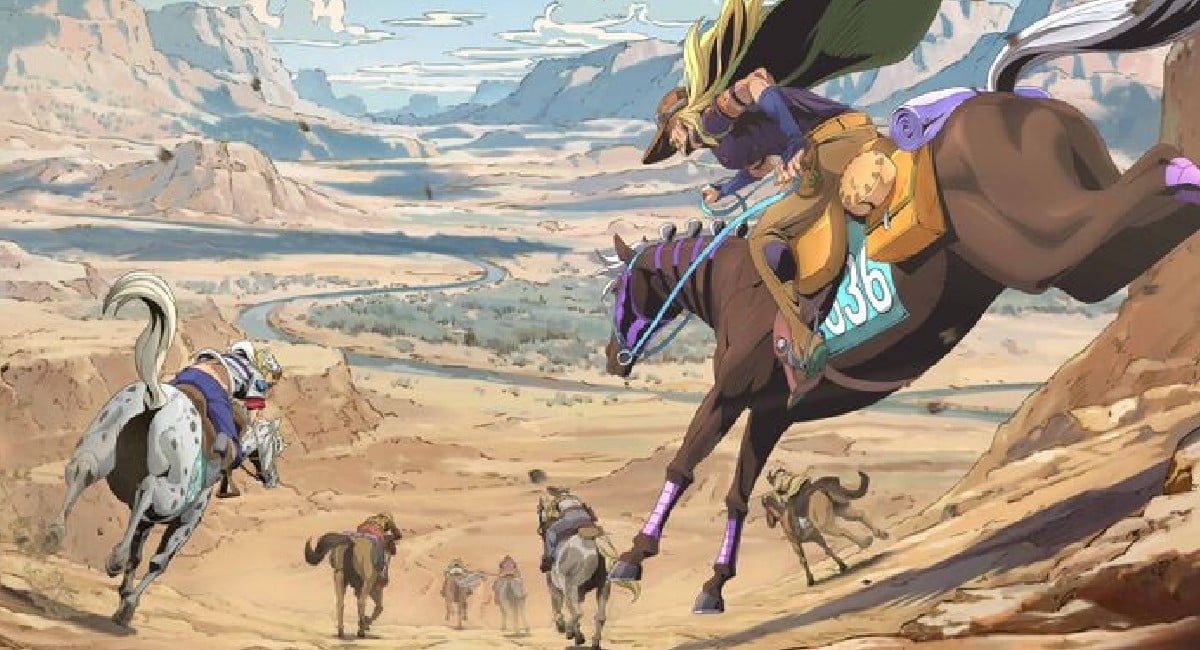

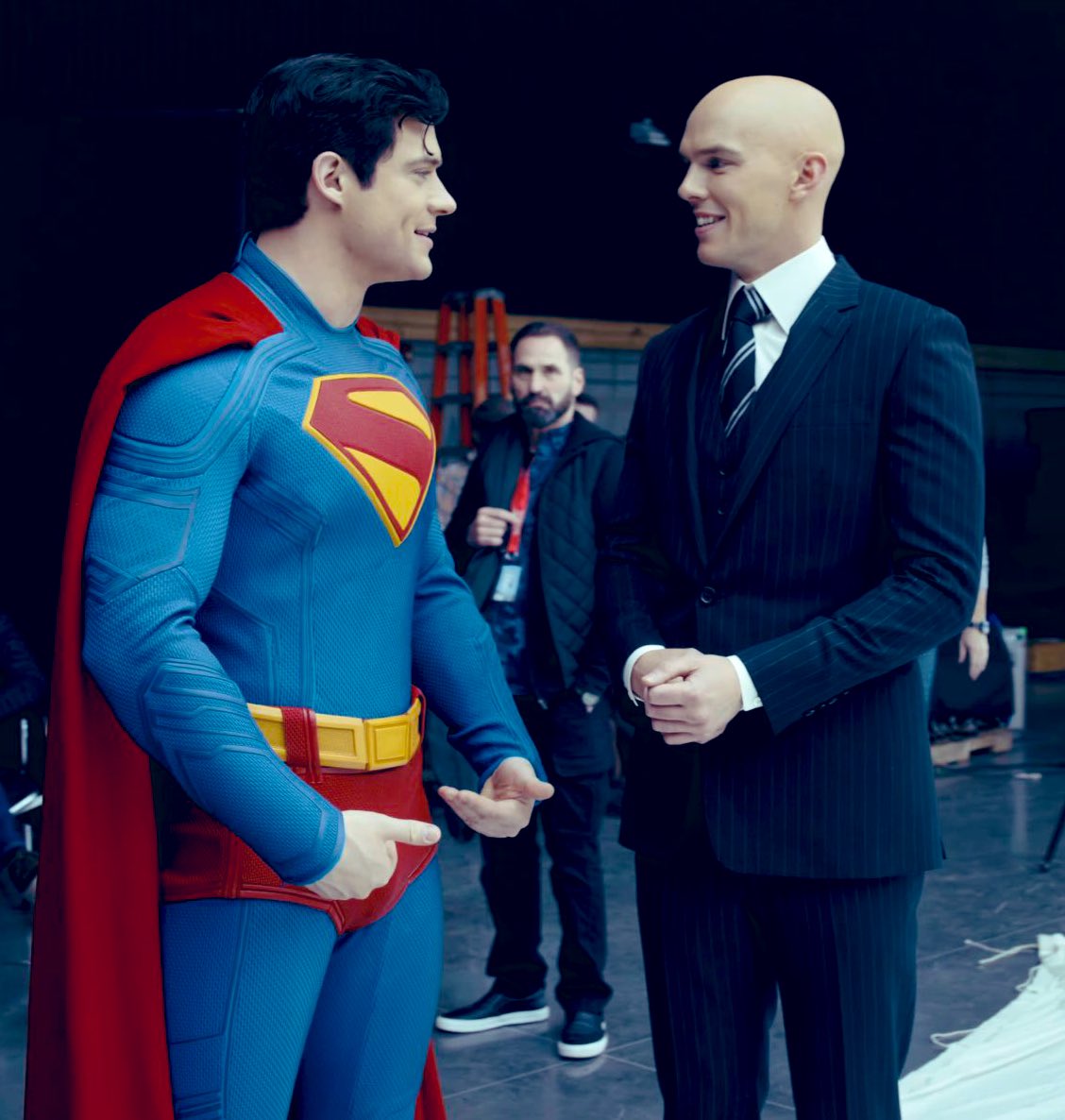
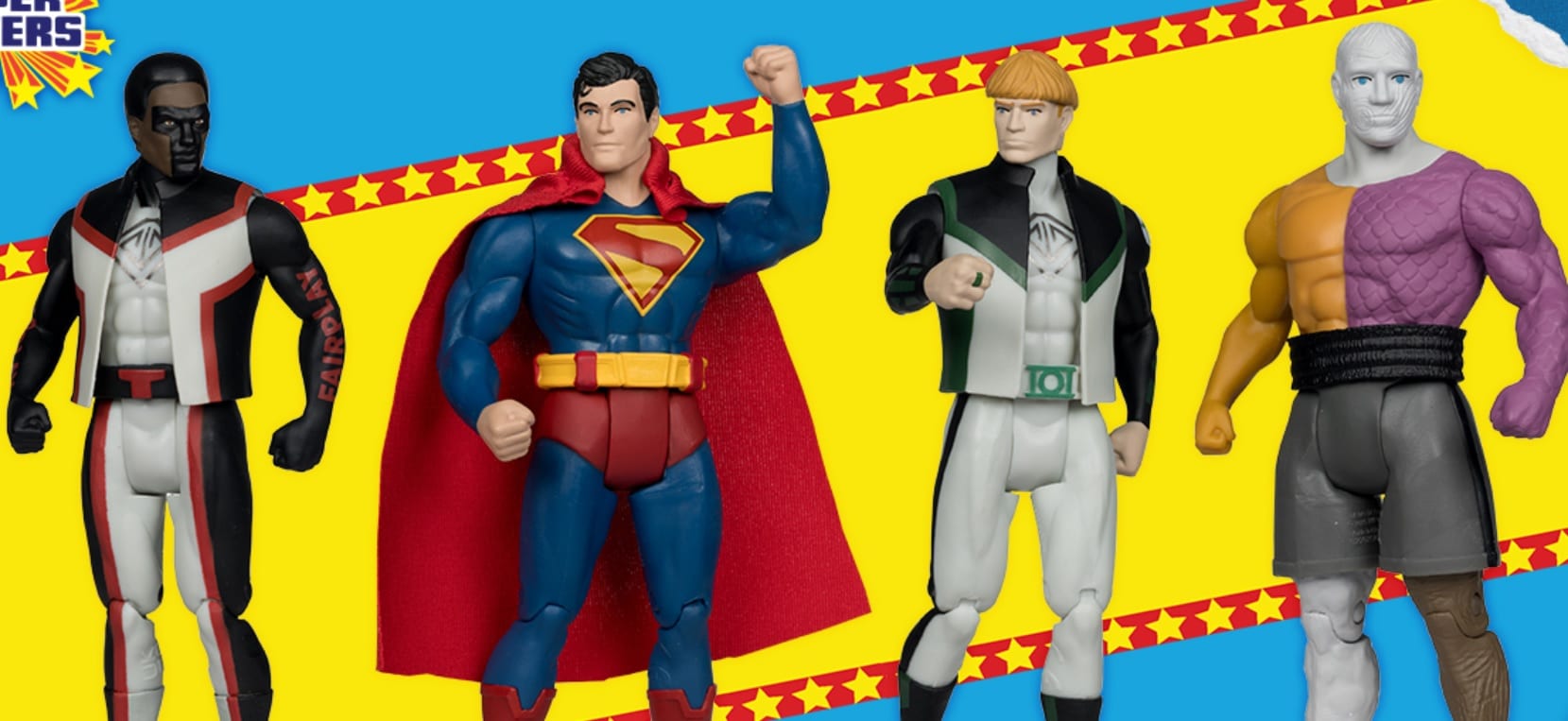



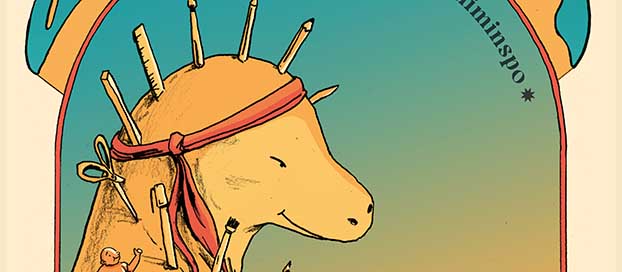
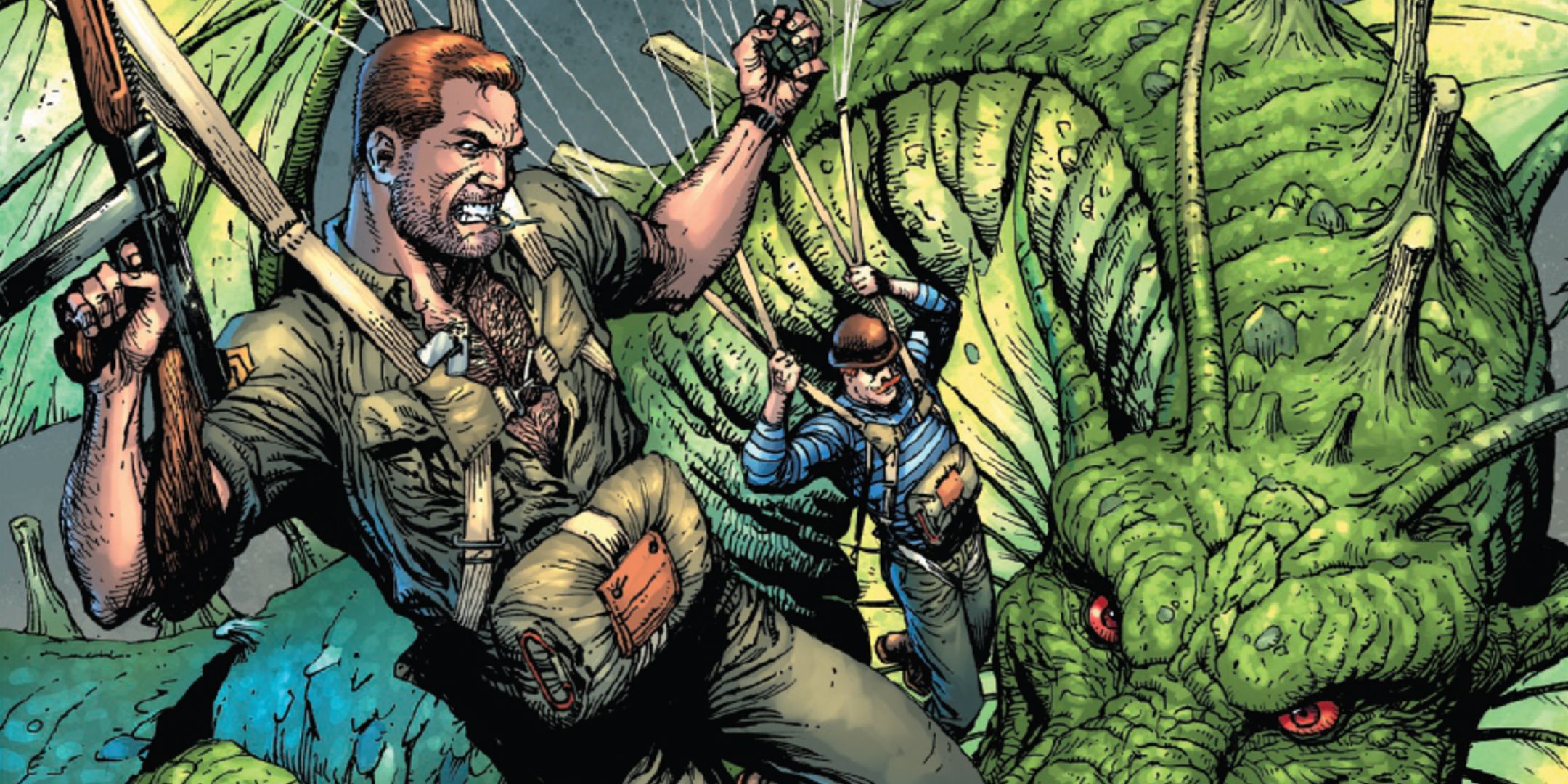




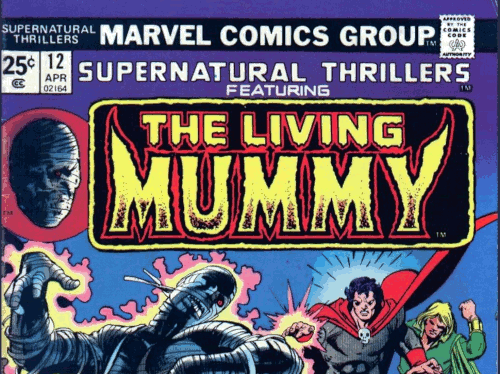
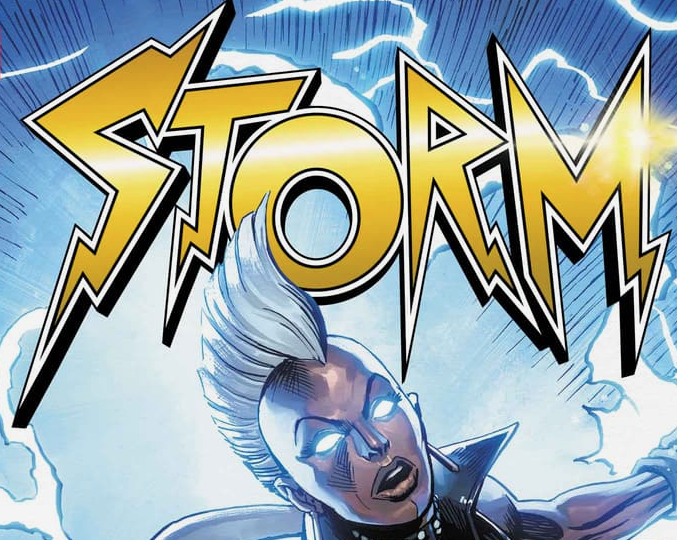
 English (US) ·
English (US) ·